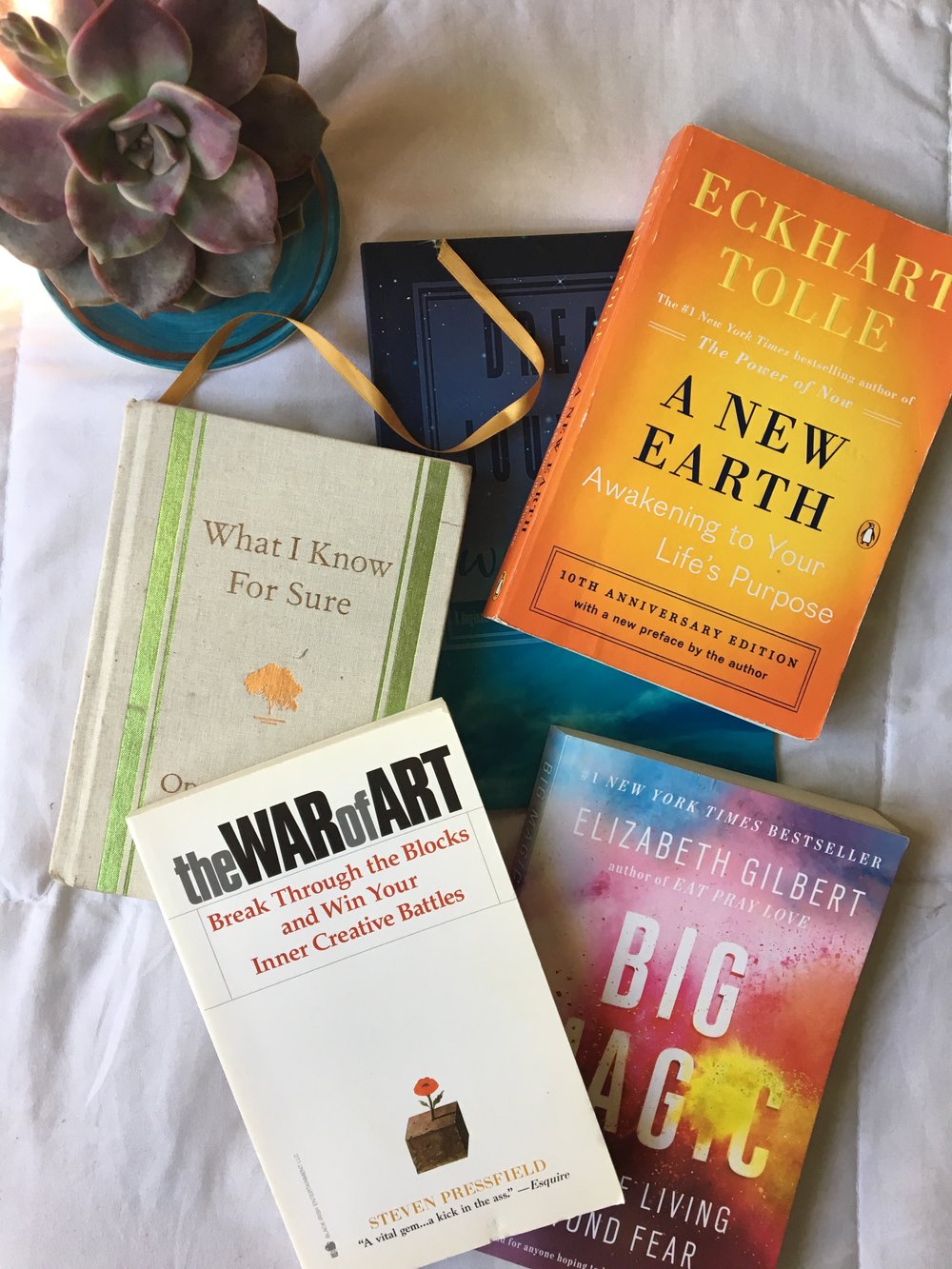In his book “The Power of Habit,” Charles Duhigg explores the science behind habit formation and change. He argues that habits are not as fixed as we think they are, and that they can be changed with effort and consistency.
Here are 8 lessons from the book:
- Habits are automatic behaviors that are triggered by a specific cue and reinforced by a reward.
For example, the cue for smoking might be feeling stressed, and the reward might be the feeling of relaxation that comes from nicotine.
- Habits can be changed by identifying the cue and reward, and replacing the behavior with a new one.
For example, if you want to stop smoking, you could identify the cues that trigger you to smoke, such as feeling stressed or bored, and then find new ways to deal with those cues, such as exercising or taking a few deep breaths.
- Habits are powerful because they shape our beliefs and behaviors, and can influence our decision-making.
For example, if you have a habit of procrastinating, you may start to believe that you’re not capable of getting things done, which can make it even harder to break the habit.
- Habits can be helpful, such as brushing our teeth every day, or they can be harmful, such as smoking or procrastinating.
It’s important to be aware of the habits that you have, and whether they’re helping you or hurting you.
- To change a habit, we need to be aware of our current habits, and then create a plan to change them.
This plan should include identifying the cue and reward, and coming up with a new behavior to replace the old one.
- Changing a habit requires consistency and persistence, and often involves some discomfort or discomfort.
It’s important to not give up if you don’t see results immediately. Just keep at it, and eventually you’ll be able to change your habit.
- Changing a habit can be challenging, but it is possible and can lead to significant improvements in our lives.
For example, if you’re able to break the habit of procrastination, you may find that you’re able to get more done and achieve your goals more easily.
- Habits are an important part of who we are, and by understanding and changing our habits, we can take control of our lives and create positive change.
By understanding how habits work, we can become more aware of our own habits and make conscious choices about whether we want to keep them or change them. This can lead to significant improvements in our lives.
I hope you find these lessons helpful!














